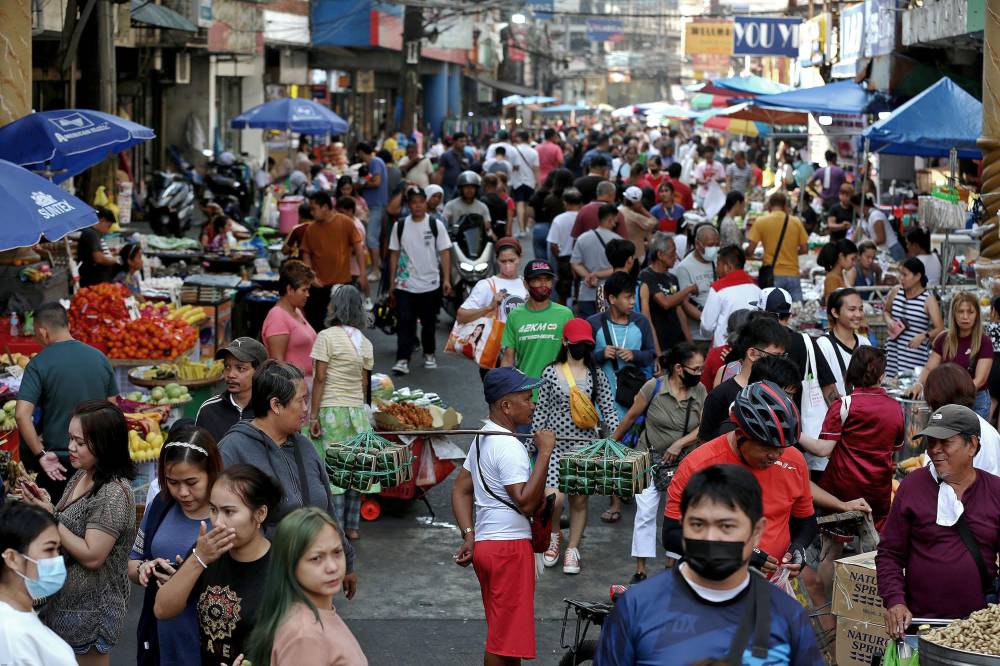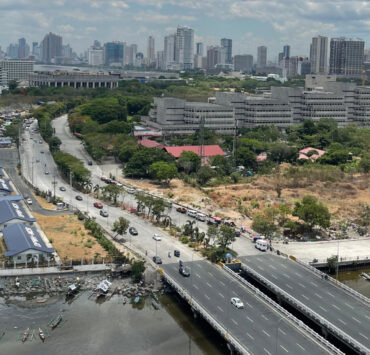Poll: Jan inflation likely eased to 2.8%

Inflation might have softened in January on the back of lower rice prices and electricity costs, a development that can help justify another policy rate cut this month following the country’s underwhelming economic growth last year.
Inflation, as measured by the consumer price index (CPI), possibly settled at 2.8 percent in January based on the median estimate in an Inquirer poll of 14 economists last week.
If realized, the figure that the Philippine Statistics Authority (PSA) will report on Feb. 5 would be lower than the 2.9 percent print recorded in December. The estimate also settled within the 2.5-to-3.5 percent forecast range of the Bangko Sentral ng Pilipinas (BSP) for January.
As it is, both the consensus and the central bank’s prediction suggested that the CPI stayed within the 2 to 4 percent target band of the BSP in the first month of the year.
Sanjay Mathur, economist at ANZ Research, said that while the January CPI would still capture the damage caused by the powerful storms that visited the country late last year, lower prices of rice—a major food staple of Filipinos—likely drove down the overall food inflation.
Disruptions
“Moreover, vegetable inflation is likely to soften as supply disruptions due to harsh weather conditions have eased,” Mathur, who penciled in a 2.6 percent inflation for January, said.
But Sarah Tan, economist at Moody’s Analytics, said that inflation in the utilities segment likely recorded “mixed movements’ last month.
“While electricity rates eased on the back of lower generation charges, domestic fuel prices were up over three straight weeks in January due to higher global oil prices,” Tan said. She projected a CPI reading of 2.7 percent.
“Further, water rates were also upwardly revised as of Jan. 1, which will add to households’ and businesses’ utility bills through the year,” she added.
Boosting growth
But there are economists like Jun Neri of Bank of the Philippine Islands (BPI) who had pegged a slightly faster inflation print for January, although he does not expect such an outturn to deter the BSP from further slashing rates at the Feb. 13 meeting of the Monetary Board (MB).
“Aside from the GDP (gross domestic product) disappointment earlier in the week, on-target headline inflation may open the way for the MB to ease monetary settings further,” Neri said, adding that price growth might have risen to 3 percent last month.
The BSP delivered a total of 75 basis points reduction to the policy interest rate last year, with Governor Eli Remolona Jr. keeping his intention to take “baby steps” when it comes to easing.
By lowering borrowing costs, the BSP wanted to spur consumption—a major growth driver—and investments.
And analysts believe that the disappointing 5.6 percent economic growth in 2024 might prompt the central bank to further trim borrowing costs, although the recent hawkish pivot of the US Federal Reserve could prevent an aggressive easing of local monetary policy.
“If BSP becomes too aggressive with easing, the peso could be subject to sizeable exchange market pressure, which, in turn, could fuel inflation expectations,” Neri said.





















